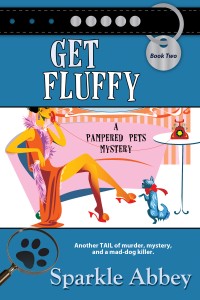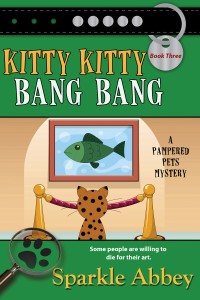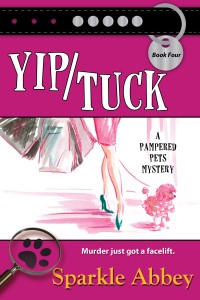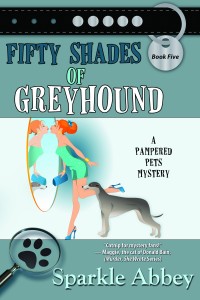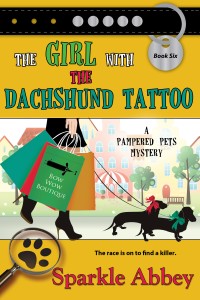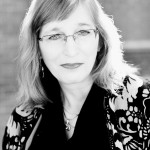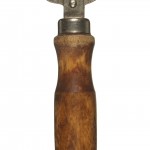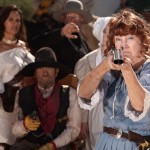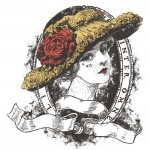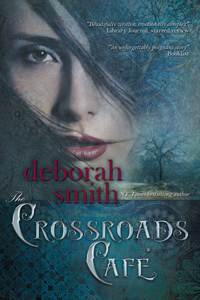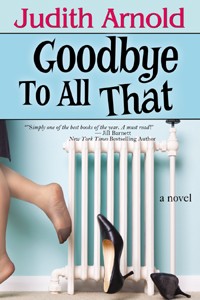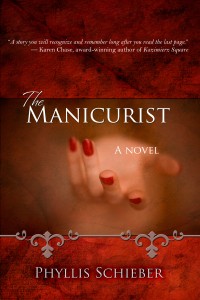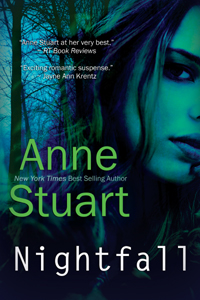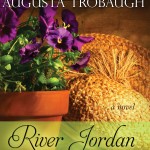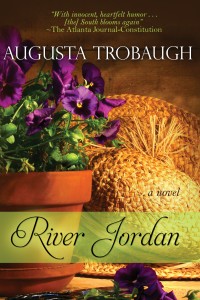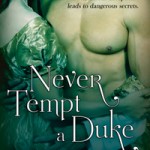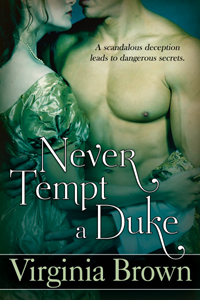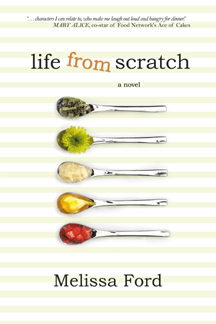by Howard Odentz
I don’t have the infamous ‘eyebrow’.
You see, every time I look at a blog or a site devoted to horror writers, each one of them is pictured very close to the camera with their fingers tented in front of them and one eyebrow arching to the sky.
Just one.
I can’t do that. I also can’t taste that weird litmus paper from high school biology. I can, however, curl my tongue, but I doubt that little talent is going to help me look like the author of the creepy things I write about.
I suppose it all comes down to genetics—my genotype forces me to write scary things. My phenotype is somewhere between a New England preppy and a cartoon. Nope—nothing disturbing about that, unless you have an irrational fear of all things L.L. Bean or Looney Tunes.
How my brain got so twisted inside, who’s to say? All I know is that when my hands fall on the keyboard, murderous psychopaths and gory visions flow out of them, and sometimes children who like to kill.
So how is it that my favorite holiday is Halloween? What mental glitch makes me turn to ‘The Walking Dead’ instead of ‘Downton Abbey’? Why do I scour YouTube in search of scary videos that will add spice to my nightmares while I sleep because I think regular dreams are so boring?
Who knows?
My parents were no more terrifying than me. My sisters devoured Harlequin romances like they were the best thing ever. Sure, I was terrified of the family poodle, but she had little needle teeth and growled at me every time she had a bone and I walked into the same room. Who wouldn’t run screaming the other way—or dress her in doll clothes when she had the rare mellow moment?
For whatever the reason, I’m told that people burst out laughing in the middle of some of my horror stories. I guess there’s a little bit of funny swimming beneath the troubled current of everything I write. That humorous shark-fin that can give you the giggles sometimes surfaces. I don’t know why and I don’t know how, but even when I don’t want it to be there, it sometimes knifes through my words, attached to a gigantic killer lurking just beneath each page.
In the end, I guess I can’t fight the scary or the dark humor. I suppose my eyes will always naturally stray to the creepy, twisted edges of things. It’s a weird way of looking at the world, but it’s my way, and I long ago learned not to fight it.
So that’s my story and I’m sticking to it. For now, I have to run. My llamas are staring at me with those huge, dead eyes, hoping that I’ll grain them soon, and I have an appointment to get my dog, Einstein, fitted for a wheelchair.
What? That’s normal, isn’t it?
Isn’t it?
Pick up BLOODY BLOODY APPLE for only $1.99 today only from Amazon!
Howard Odentz is a Western Massachusetts author of playwright. His first novel, ‘Dead (a Lot)’, described as a humorous and thrilling zombie-ride, was published by Bell Bridge books in 2013. In 2014 it hit #1 on Amazon in several categories including young adult horror and humor-horror. In 2015 it became an Ariana Award Winner and an Epic Award Finalist.
His latest novel ‘Bloody Bloody Apple’ was released on October 17, 2014 to all major on-line platforms including Amazon, Barnes & Noble, Kobo, Apple and Google Play. It is also available for order through bookstores or through the publisher, Bell Bridge, at www.bellebooks.com.
Read more about Howard Odentz at www.howardodentz.com.





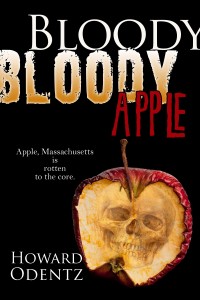








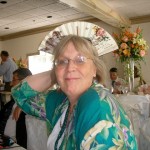
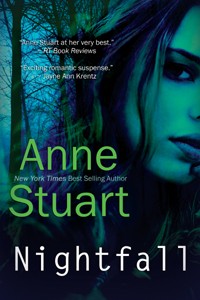
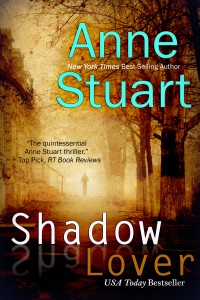
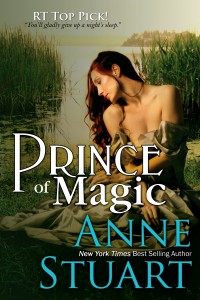
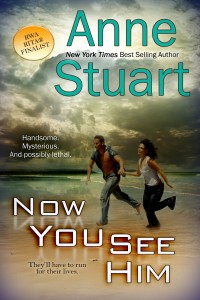
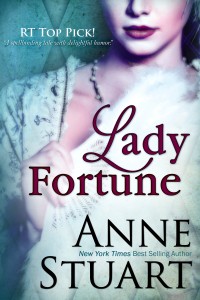
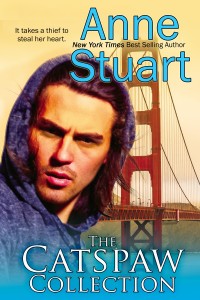
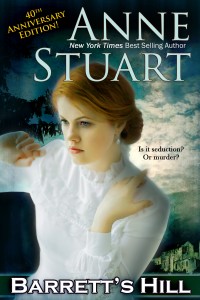






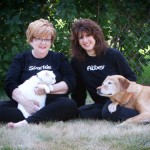

 Suddenly, there was a scratch at the door and I moved quickly to open it. Lady Vi, Meow’s grandmother, stepped into the room. She was a formidable feline and referred to as the Dogwagger Countess because even the dogs at the neighboring estates were afraid of her. I don’t believe she’d ever actually bitten anyone canine or otherwise, but all it took was a hiss and the very slight unsheathing of her claws and it was clear she meant business.
Suddenly, there was a scratch at the door and I moved quickly to open it. Lady Vi, Meow’s grandmother, stepped into the room. She was a formidable feline and referred to as the Dogwagger Countess because even the dogs at the neighboring estates were afraid of her. I don’t believe she’d ever actually bitten anyone canine or otherwise, but all it took was a hiss and the very slight unsheathing of her claws and it was clear she meant business.
